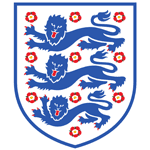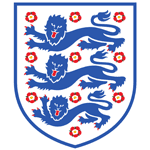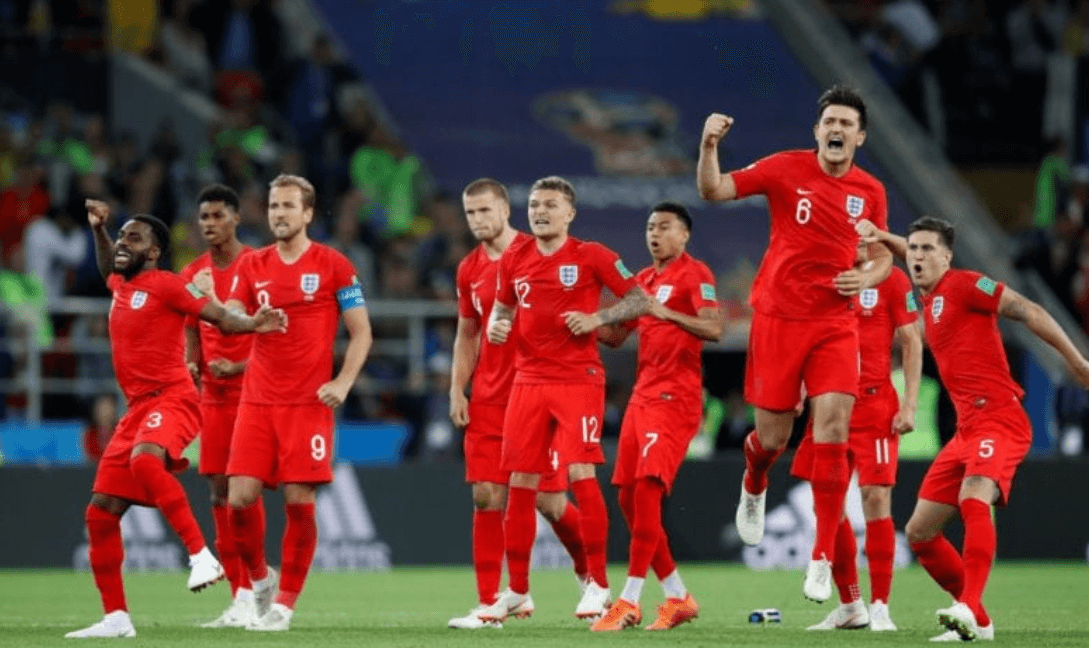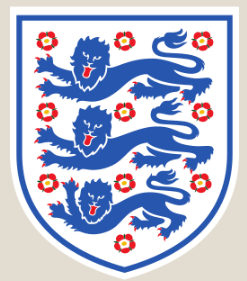- Customer Service
- Contact Us
- Shipping Info
- Wholesale Prices
- FAQs
- Worry free shopping
- Coupons & Promotions
- Payment Methods & Terms
- 365-Day Returns
- Size Guide


The England national football team represents England in men's international football and is governed by The Football Association, the governing body for football in England.[3][4] It competes in the three major international tournaments; the FIFA World Cup, the UEFA European Championship and the UEFA Nations League. England, as a country of the United Kingdom, is not a member of the International Olympic Committee and therefore the national team does not compete at the Olympic Games. Since first entering the tournament in 1950, England has qualified for the FIFA World Cup 15 times. They won the 1966 World Cup, when they hosted the finals, and finished fourth in 1990 and 2018. Since first entering in 1964, England have never won the UEFA European Championship, with their best performances being third-place finishes in 1968 and 1996, the latter as hosts.
England Away Soccer Jersey Retro 2010
US$29.99 ~ US$39.99
England BECKHAM #7 Home Soccer Jersey Retro 2002
US$39.99 ~ US$49.99
England SCHOLES #8 Home Soccer Jersey Retro 2002
US$39.99 ~ US$49.99
England Home Jersey Retro 2010
US$24.99 ~ US$34.99
England Home Jersey Retro 2002
US$29.99 ~ US$39.99


Gojersey provide England Jerseys for sale, custom soccer replica & authentic soccer jereys.
Buy authentic soccer jerseys with the names and numbers of your favorite players, from Harry Kane, Marcus Rashford to Bukayo Saka.
We customiaze soccer gear for men, women and kids. Personalize almost everything with your name, number, team logo, national flags, and more! No minium orders. Buy one of anything for yourself, or get your team added to our store for easy buying.
England Jersey Sale: Short Sleeve Jerseys | Authentic Jerseys | Retro Jerseys | Training Kits and so on.
Basic Information of England Soccer Jerseys
♣ Nickname(s): The Three Lions
♣ Association: The Football Association
♣ Confederation: UEFA (Europe)
♣ Head coach: Gareth Southgate
♣ Captain: Harry Kane
♣ Most caps: Peter Shilton (125)
♣ Top scorer: Harry Kane (63)
♣ Home stadium: Wembley Stadium
♣ Main trophies: World Cup: 1
♣ Player records: Most games played: Peter Shilton (125) | Top goalscorer: Harry Kane (63)

About England National Football Team
The England national football team holds a special place in football history, as this team played in the first football match between nations. Surprisingly, the England national team was established at the same time as the Scottish national team, becoming the two oldest national football teams. Of course, these two teams have already hosted games early on. On March 5, 1870, the first match between the two countries was played at the Oval in London. Quite symbolic, the match ended in a draw, 1-1.
Football was first included in the 1900 Summer Olympics in London. The British national team successfully won the competition on behalf of the United Kingdom, beating the other two countries competing at the time - France and Belgium. After an absence from the 1904 Summer Olympics, Britain won gold again at the 1908 Summer Olympics. However, in 1920, Norway beat the British team. As a result, Britain will withdraw from the next two Olympic football championships. In 1936, the British national team returned to the Olympics, but they were eliminated in the second round against Poland.
England did not play in the first World Cup in Uruguay in 1930. After rejoining FIFA in 1946, England finally made it to the World Cup in 1950. But the British football team has not been very good at the World Cup.
In the book Soccernomics, the writers Simon Kuper and Stefan Szymanski claim that the most heard arguments – They focus on two primary reasons why England doesn’t succeed very well in the big tournaments. The first is that there are too few English players in the other big Europeans leagues except Premier League. The second is that there are too many matches in English club football making the players tired when the time come for international tournaments. Another interesting aspect from the analyze that supports the second point is the fact that England has seldom scored in the second half in World Cup (only six of the team's forty-three goals have come in the second half in their seven big tournaments played after 1998). Simon Kuper and Stefan Szymanski asserts that the players have been worn out.England won the 1966 FIFA World Cup final on home soil, making it one of eight nations to have won the World Cup. They have qualified for the World Cup sixteen times, with fourth-place finishes in the 1990 and 2018 editions. England has never won the European Championship, with their best performance to date being runners-up in 2020. As a constituent country of the United Kingdom, England is not a member of the International Olympic Committee (as English athletes compete for Great Britain), and so does not compete at the Olympic Games. England is currently the only team to have won the World Cup at senior level, but not their major continental title, and the only non-sovereign entity to have won the World Cup.
The Crest History
The design of the English national football team badge is a tribute to the country's history as it is based entirely on the seal of King Richard I. Charles I ruled England for just ten years and was known as Richard the Lionheart. In addition, as one of the most common heraldic symbols in history, the lion is usually a symbol of courage, royalty and loyalty. Therefore, the element of lion is designed on the badge, which represents noble status and fearlessness.
The logo of the English football team is the three lions on the coat of arms. These three lions can be said to be world-famous and the most well-known football logo of the national team. Until 1949, the British national team's crest was adorned with a huge crown above three lions. The British team is also known as the "Three Lions".
After several revisions, the England national football team badge is now a white team crest with three blue lions guarding each other, overlapping each other, and decorated with ten red and white roses, which are Tudor roses, Symbolizing the reconciliation between York and Lancaster, another famous graphic symbol in British history. The blue, white and red colour palette of the England national team crest is a classic coat of arms, representing freedom, loyalty and courage.
